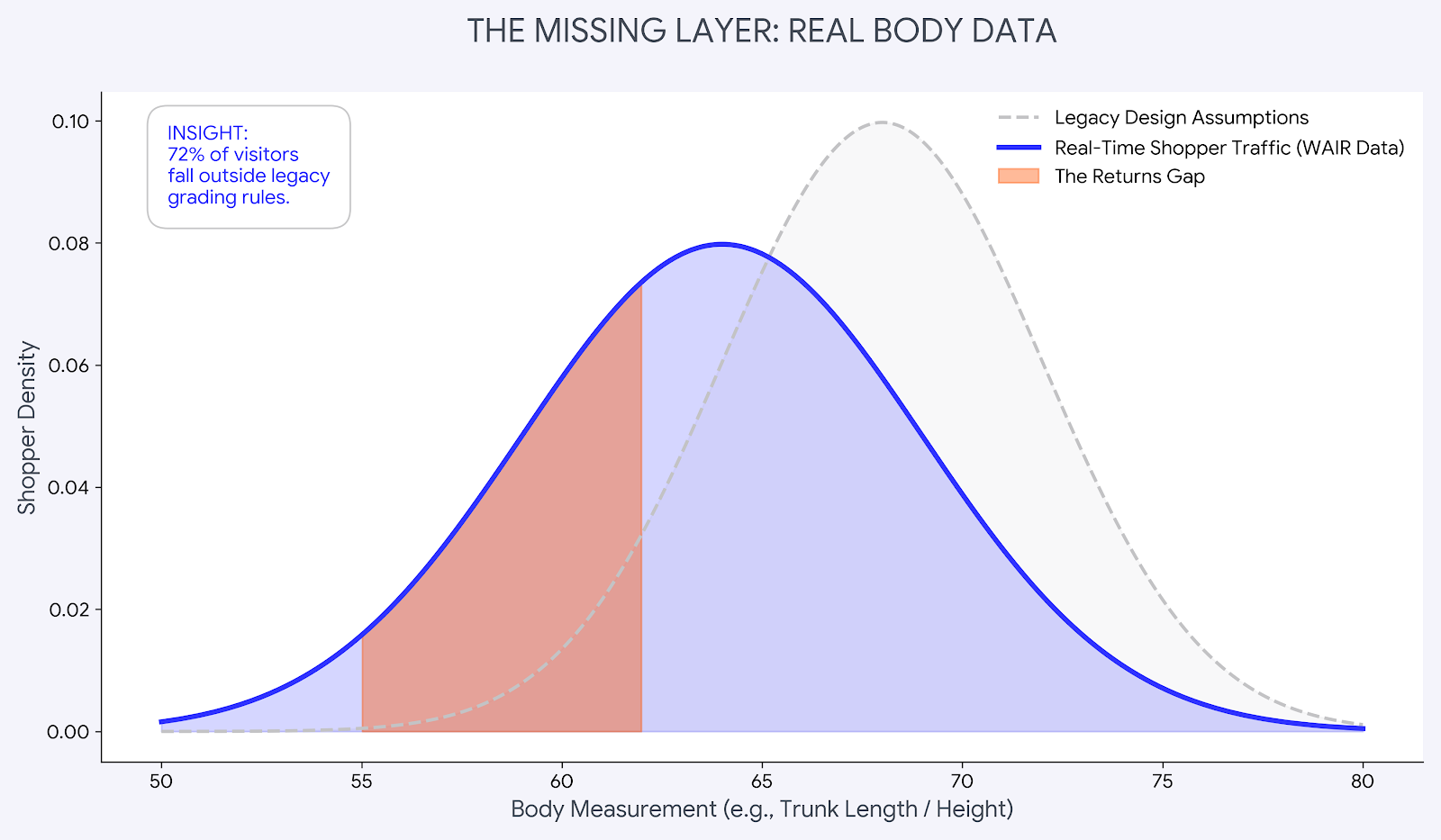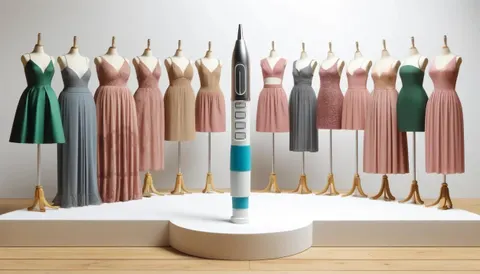
[Interview] The Rise of Fashion Resale with Jake Disraeli of Treet
Fast fashion is out, and secondhand is in! As the shopper-led push towards a more sustainable future continues to gain traction, brands are eagerly hopping onto the resale bandwagon. What was once considered an overly burdensome effort that held little to no value, has become an industry-wide phenomenon poised to overtake fast fashion in the near future.
While the benefits of fashion resale are becoming much more apparent, many brands remain unfamiliar with the resale market and are hesitant to enter because of this. To help shed some light on the topic and provide guidance to aspiring resale brands, we have invited Jake Disraeli, Co-Founder & CEO of Treet, to join us today and share his first-hand insights with our readers!
Could you give us a quick overview of Treet and its impact on the fashion resale market?
Jake Disraeli: Sure, Treet makes it easy for apparel brands to be more circular and reach new audiences with resale.
Our team helps brands establish fully-branded recommerce sites where shoppers can seamlessly purchase and sell clothing products to each other. While the brand focuses on running its core business, we handle all aspects of resale, including site maintenance, customer service, and much more.
It's not easy for many brands to enter the fashion resale market with their existing resources. We help eliminate these barriers to entry.
Despite concerns surrounding Covid, the fashion resale market has been booming recently. Any insight as to why this sudden surge in interest has occurred?
Jake Disraeli: I would actually go far enough to say that Covid has accelerated interest in secondhand shopping. Covid has caused all online shopping to surge, including secondhand, and in times of financial uncertainty, used items are going to be more friendly on your wallet and the planet.
While Covid may have boosted interest in fashion resale, according to ThredUp's 2020 resale report, resale sales were already growing 25X faster than retail in 2019. It's really due to a convergence of trends. Conscious consumerism is at an all-time high, and fashion resale is the best way to shop that has the least impact on the environment. We're also living in the "Instagram generation" where people want to quickly rotate through their wardrobe – resale offers a path for doing this in a greener way.
Lastly, technology has been a huge enabler of growth for the secondhand; it's never been easier to buy or sell used items online.
Where does it make sense for a brand to handle returns completely in-house or to implement a solution like Treet?
Jake Disraeli: I can't speak as much for the returns process itself, but brands have many options when it comes to figuring out what to do with that returned inventory.
Most brands are unable to resell slightly used or imperfect items as new, so a lot ends up in the trash. With Treet, brands can offload these items on their secondhand shops. We call these 'Brand Direct' posts or host online sample sales.
This is a great way to extend the life of an item, add a new revenue stream, and allow shoppers to buy something for less without site-wide discounts.
Do you believe brands who are ignoring the fashion resale trend are missing out, and are the ones investing in this trend now getting in early?
Jake Disraeli: We're definitely still in the early days of brand-driven resale, so I wouldn't necessarily say that brands ignoring this trend are "missing out" yet…
It takes time for trends to go mainstream and we're just now starting to see the makings of this with fashion resale. The number of brands getting into resale has already 10x'd from 2020 to 2021, and this year is already off to a powerful start with brands like CUTS and JuJuBe getting into the game.
I would certainly caution brands not to wait too long. It's such a no-brainer for your shoppers and the planet to foster a resale program. This trend will continue whether brands are involved or not, so brands might as well start to accept and embrace this fact.

A focal point in Treet's mission statement is to promote sustainability in the world of fashion. What happens to products that cannot be resold due to condition or other factors? Do they get sent to landfills, recycled, or repurposed?
Jake Disraeli: Resale is a fantastic "extension of life" solution, but a truly circular system needs to account for "end of life" (i.e., when you can no longer resell or repair an item). We want to help do both. As such, we're starting to partner with textile recyclers who will be able to repurpose, upcycle, or recycle items for Treet users that are at the end of life.
What about fast fashion clothing? Is it viable to try and extend the life of these products, or do you think this process creates more harm than good?
Jake Disraeli: Fast fashion is still being consumed at such a high rate that I think we need to do everything we can to help these items avoid the waste stream.
Ultimately, shoppers will decide whether or not to purchase used items from fast fashion brands, but resale will always be a better solution compared to throwing something away. If an item has more wear left, we need to give it a shot at a second life.
I also think fashion resale has the opportunity to eclipse fast fashion and eventually make it obsolete. Gen Z is already beginning to replace fast fashion purchases with used items.
There has been some pushback from luxury brands on the topic of secondhand apparel sales. Some view secondhand sales as a dilution of brand equity and prefer to keep merchandise in branded storefronts or online. What is your view on this issue, and do you think they will eventually change their minds?
Jake Disraeli: There are some luxury brands like Gucci and Balenciaga that are embracing resale and setting a great example. I believe every luxury brand will come on board eventually, but this doesn't mean they'll give up control.
There are plenty of ways to create managed resale experiences that give brands total control over the items being sold, how they're merchandised, and the prices they're selling for. You can actually create a fully-branded take-back program on Treet that allows for this.
It takes time (and incentives) for big ships to change course. The secondhand opportunity is too big of an incentive to ignore. If luxury brands continue to push back, they're only going to be harming themselves and their brand reputation in the long run.

How well does having a separate site for secondhand clothing sales only sync up with other business units? Where are the points of friction (if any), and how does Treet alleviate them?
Jake Disraeli: One of the biggest hesitations we hear from brands considering fashion resale is the imagined workload it would entail, both from a customer support and eCommerce management perspective.
Having a separate site for resale eliminates both concerns. Treet's able to take on 100% of the daily support, and brands don't need to clutter their dashboards with thousands of used items that act differently from their full-priced inventory.
In this way, brands can have their cake and eat it too.
Where do you see the fashion resale market going in the next five years?
Jake Disraeli: From a brand perspective, we'll start to see secondhand programs as table stakes. We'll also see brands that weren't historically "sustainable" looking into resale for reasons beyond their carbon footprint as a legitimate growth initiative to bolster shopper loyalty and increase LTV.
We're also starting to see greater connections across the supply chain, from imperfect returns to factory defects entering the resale stream. As these integrations get tighter, more and more of this type of inventory will find its way to end consumers.
If you loved this interview, be sure to check out Treet's blog, where their team regularly posts valuable insights on the resale market!
Eager to learn how WAIR can transform your eCommerce brand through sizing? Schedule a demo here, and be sure to follow us on Twitter, Instagram , LinkedIn, and Facebook for all your fashion content needs!








